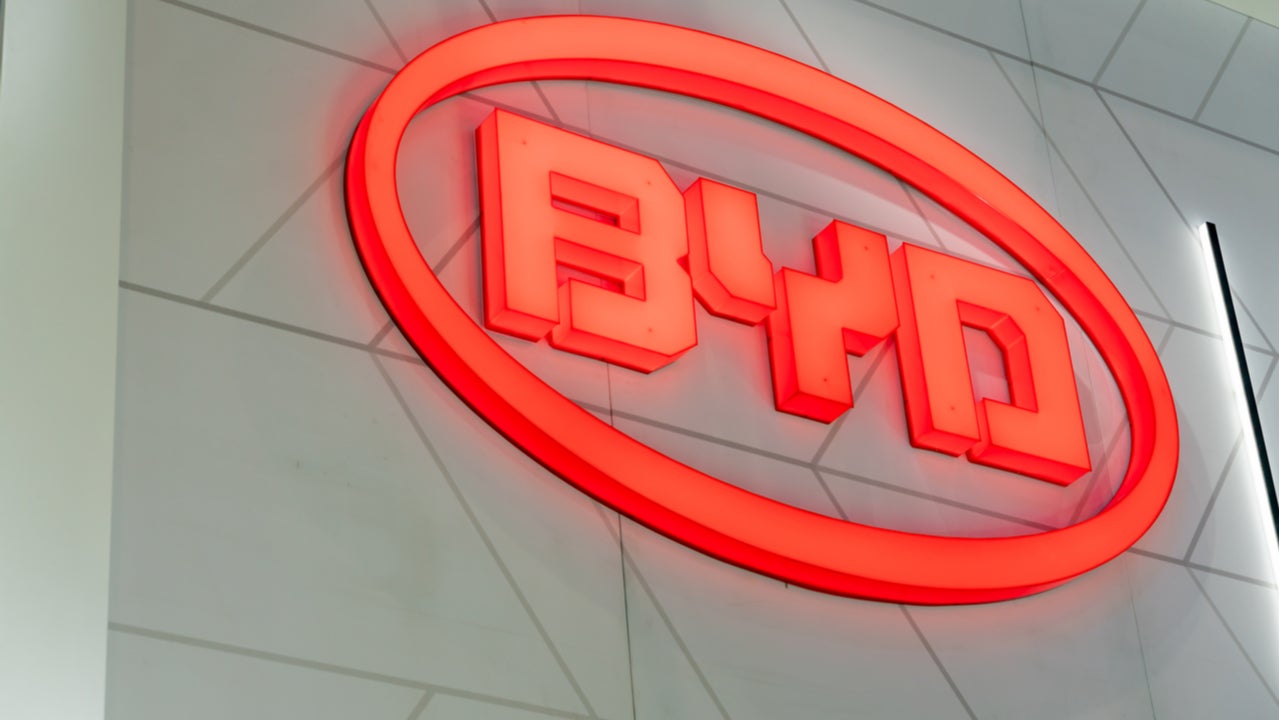
This article has recently been updated.
Chinese manufacturing company BYD has announced that its board of directors have agreed to its spinoff, BYD Semiconductor, going public on the Shenzhen Stock Exchange’s ChiNext market. The company said that the spinoff would not result in any changes in BYD’s equity structure, and BYD would still be the controlling shareholder of BYD Semiconductor.
Upon completion of the spinoff, BYD Semiconductor would continue working on its core business in the R&D, production and sale of power semiconductors, intelligent control units, intelligent sensors, and photoelectric semiconductors. While focusing on automotive-grade semiconductors, BYD Semiconductor will also develop chips for products like home appliance, new energy and consumer electronics in the future.
The company expects that the spinoff will increase returns for shareholders as the newly-established independent company can focus on its core products and services. In this case, that will be increasing BYD Semiconductor’s supply of insulated-gate bipolar transistor (IGBT) semiconductor technology, regarded as a core technology of electric and hybrid vehicles.
The subsidiary will also be given more autonomy to increase its client base across the automotive industry and benefit from increased economies of scale.
It said that the capital gain would be used for its primary business, including supplementing working capital, purchasing assets, hiring personnel and research and development, and other purposes approved by investors.
How well do you really know your competitors?
Access the most comprehensive Company Profiles on the market, powered by GlobalData. Save hours of research. Gain competitive edge.

Thank you!
Your download email will arrive shortly
Not ready to buy yet? Download a free sample
We are confident about the unique quality of our Company Profiles. However, we want you to make the most beneficial decision for your business, so we offer a free sample that you can download by submitting the below form
By GlobalDataBYD has fully integrated system capabilities, from chip design, wafer manufacturing, assembly, testing and downstream applications.
According to GlobalData’s deals database, the company secured $266.17m in a Series A funding round in May 2020. Investors include Sequoia Capital China, SDIC Innovation Investment Management and CICC Capital Management.
In June, BYD raised another $112.93m in its Series A+ funding round, backed by Semiconductor Manufacturing International Corporation (SMIC), SK, Lenovo Group, BAIC Motor, Xiaomi and SAIC Motor, among others.
China Money Network reported that previously BYD and Huawei had signed a cooperation agreement to build an automobile-level Kirin chip. Its first product was reported to be the Kirin 710A, which was previously mass-produced by SMIC using 14 nanometre process technology.
If BYD and Huawei can achieve the production of the chip, the Kirin 710A could become a landmark product that is produced with a self-reliant and self-controlled industrial chain from design, manufacturing, to packaging and testing.
BYD Semiconductor was established on October 15, 2004, formerly known as Shenzhen BYD Microelectronics. In 2007, BYD established an IGBT module production line and completed the sample assembly of the first electric vehicle IGBT module. In 2008, BYD spent 171 million yuan to acquire the Ningbo Zhongwei wafer foundry to add wafer manufacturing capabilities.
BYD IPO on hold due to regulatory probe
Following an investigation into Bejing Tian Yuan Law Firm, BYD Semiconductor was forced to put its IPO on hold. The Shenzhen Stock Exchange made an announcement on August 21 saying that the law firm advising BYD, along with over 40 other companies, under investigation by the China Securities and Regulatory Commission (CSRC).






